When endless choice turns entertainment into a chore.

You open your favorite streaming app, ready to relax, and suddenly you’re knee-deep in a swamp of thumbnails, trailers, categories, and “because you watched…” suggestions. What started as a quick break becomes a scrolling marathon. You’re not being picky—you’re stuck in decision limbo, overwhelmed by the sheer volume of choices begging for your attention. And by the time you settle on something, your food’s cold and your mood’s gone flat.
Too much TV freedom sounds like a dream. No commercials, no schedules, no limits. But instead of making things easier, it often leads to frustration, fatigue, and flat-out indecision. With every show just a click away, the pressure to pick the “perfect” one only grows. And if you’re constantly switching, skipping, or second-guessing, you’re not really enjoying anything at all. These ten reasons explain why having all the options in the world can actually make your viewing experience worse.
1. You waste more time choosing than watching.

There’s something ridiculous about spending 40 minutes trying to pick a 30-minute episode, according to Jack Phillips at GQ. But it happens—often. You start with good intentions, but once you open the app, it’s like stepping into a maze with no clear exit. You scroll, preview, compare, and repeat. Each click raises your standards a little more.
By the time you finally hit play, your brain is tired and your enthusiasm’s shot. You’re halfway paying attention because you already burned through your focus deciding. The irony is wild: unlimited access was supposed to be convenient, yet it often steals more time than it saves. And that can turn a relaxing night into a weird kind of stress spiral.
2. You always feel like you picked the wrong thing.
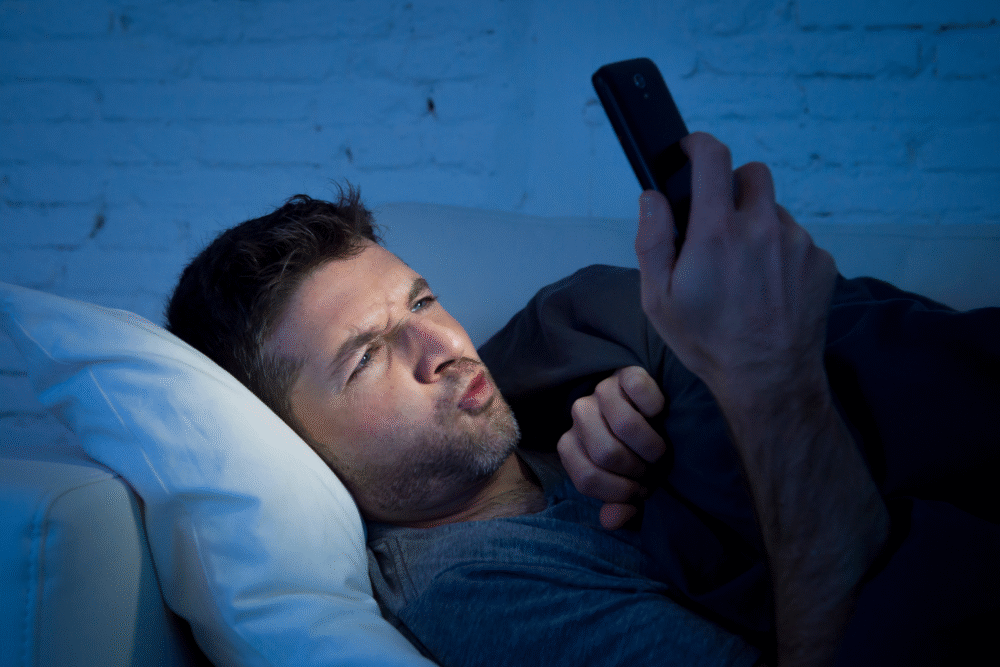
When you have hundreds of shows at your fingertips, picking just one feels oddly high-stakes, as reported by Katherine Heinz at GCF Global. Even after you start watching, there’s this lingering feeling that something better is just one row down. Instead of enjoying what you chose, you’re second-guessing it—or worse, hate-watching while imagining the masterpiece you skipped.
This low-grade regret makes everything feel less satisfying. You’re not immersed, you’re distracted by “what ifs.” And that constant comparison kills your ability to just be present with the show. It’s hard to fall in love with a series when you’re mentally cheating on it with five other titles still in your queue.
3. The pressure to stay current ruins the fun.

With new shows dropping every week and buzz flying all over social media, there’s this weird urgency to watch things fast or risk being left out, as stated by Josie Scott-Taylor at Redbrick. Suddenly, your downtime feels like homework. You’re racing to keep up with trending titles, episode drops, and spoiler-packed conversations you didn’t ask to be part of.
Instead of watching what you want, you start chasing relevance. That’s not entertainment—it’s obligation. When everything feels like a must-watch, nothing feels like a true escape. And once TV starts feeling like a to-do list, the joy gets sucked right out of it.
4. It’s harder to commit when quitting is easy.
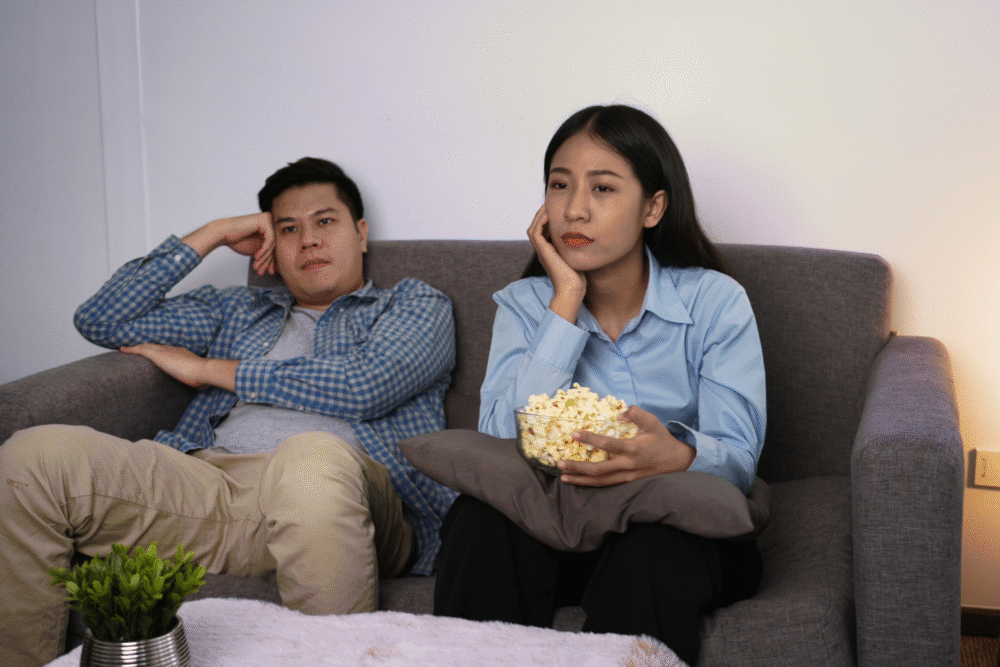
Streaming gives you the power to abandon anything at any time, and while that’s great in theory, it messes with your attention span. The second a show gets slow or weird, you’re already browsing again. There’s no patience, no build-up, no investment—just quick cuts and faster exits.
This constant flipping trains your brain to expect instant gratification. Shows with slow burns or character depth start to feel like “too much work.” You bounce between genres, moods, and episodes without sticking to anything long enough for it to matter. In the end, you remember nothing and enjoy even less.
5. The paradox of choice leads to decision fatigue.

Psychologists have a name for that mental exhaustion that comes with too many options: decision fatigue. When your brain is forced to make constant micro-decisions, it eventually shuts down or makes worse choices just to be done with it. That applies to TV, too. The more shows there are, the less clarity you have.
You might think all those thumbnails equal freedom, but they actually overload your system. That’s why you often give up and rewatch the same comfort show again. It’s not laziness—it’s survival. When your brain’s tired, familiarity beats another hour of decision paralysis.
6. Binge culture removes natural stopping points.
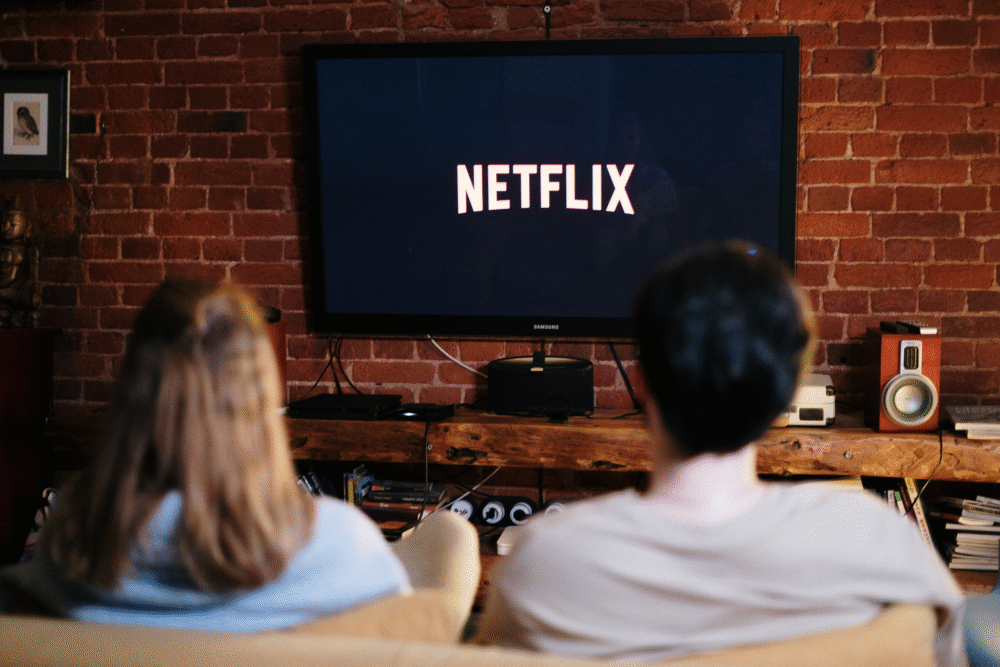
Before streaming took over, you’d watch one episode a week, reflect, talk about it, and wait. Now, with full seasons dropping at once, that pacing’s gone. You either binge it all in a foggy blur or lose interest halfway through and never return. There’s no rhythm—just consumption overload.
This lack of structure erases boundaries between watching and doing literally anything else. It’s way too easy to let the “next episode” autoplay drag you into hours of passive viewing. Instead of feeling satisfied, you end up tired, numb, and wondering where your evening went. All because the option to stop quietly disappeared.
7. You lose shared cultural moments.
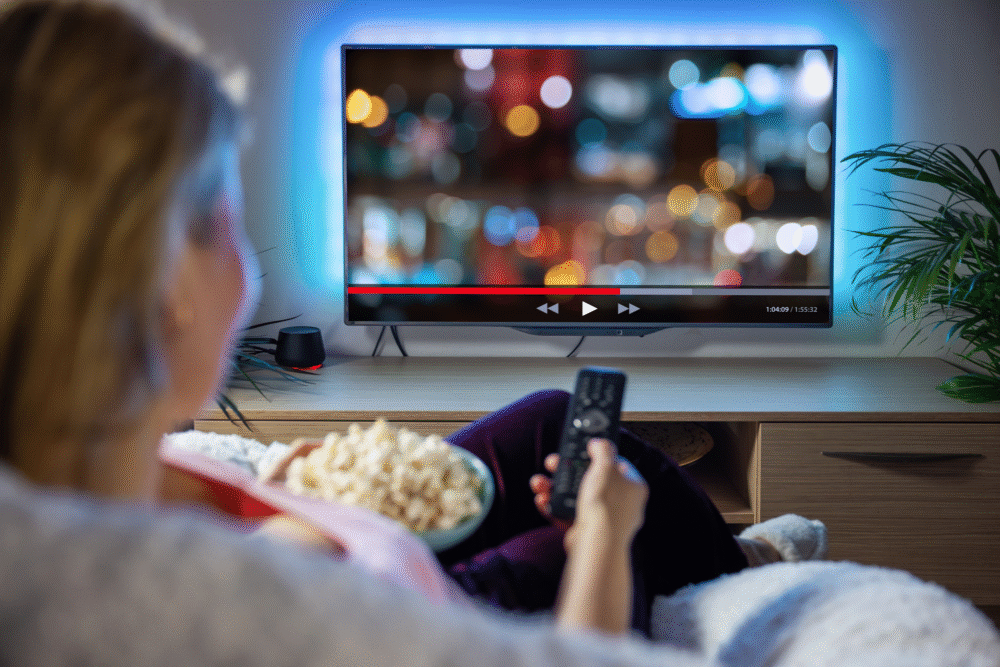
There’s something kind of lonely about watching great TV in isolation. Back when everyone had limited access and schedules, people bonded over the same episodes at the same time. Now, with endless freedom, everyone’s on their own track. You finally finish season two, and nobody wants to talk about it—they moved on weeks ago.
This fractured timing kills the communal joy of TV. Shows used to be a conversation starter; now they’re a solo sport. You might discover a gem, but by the time you try to share it, the cultural window has closed. It’s like shouting into a void full of “already seen it” and “not on my list.”
8. Choice overload lowers your overall satisfaction.

Studies show that when people are presented with too many choices, they’re more likely to be unhappy with the one they make—even if it was a good one. That same effect happens with TV. You finish a great show, but instead of feeling satisfied, you start wondering if something better was out there.
That little voice whispers, “Was that really worth my time?” And that ruins the joy of discovery. You don’t let yourself fully love what you picked, because you’re still comparing it to a lineup of unseen options. The more you browse, the harder it is to appreciate anything at all.
9. It encourages mindless scrolling instead of mindful watching.
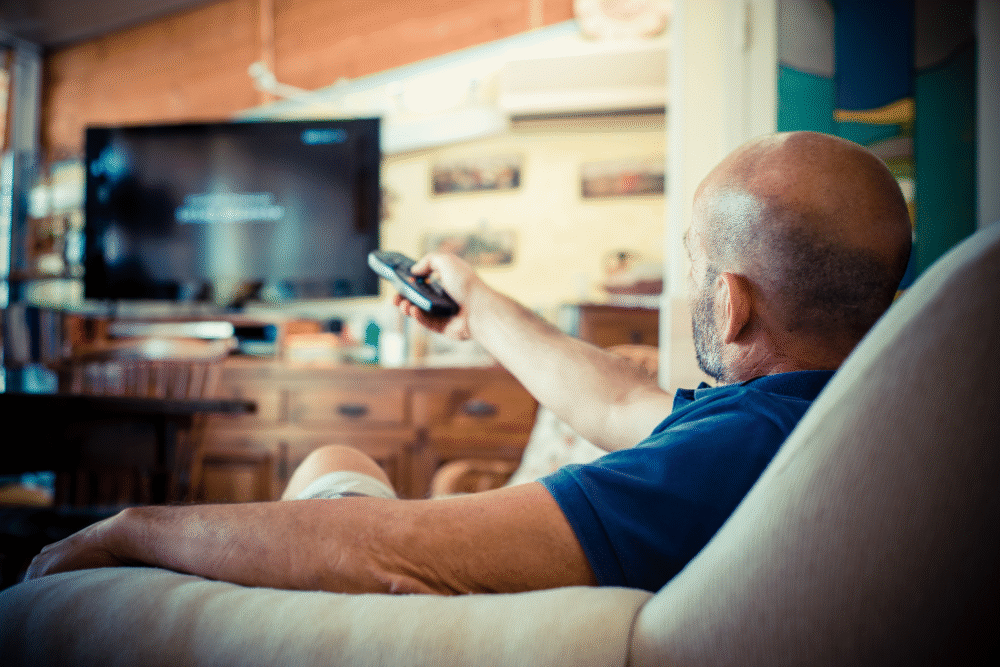
Instead of choosing a show with intention, you fall into a cycle of endless previews, autoplaying trailers, and background browsing. Before long, the app becomes noise—something you open out of habit rather than actual interest. You’re not watching TV. You’re just numbing out with pixels.
This mindless approach dulls your attention span and makes even good shows feel flat. You’re not connecting to characters or stories—you’re just filling space. It turns what could be an enriching, emotional escape into digital wallpaper. And that’s a lot of wasted potential in a world full of brilliant storytelling.
10. You forget what you actually enjoy.
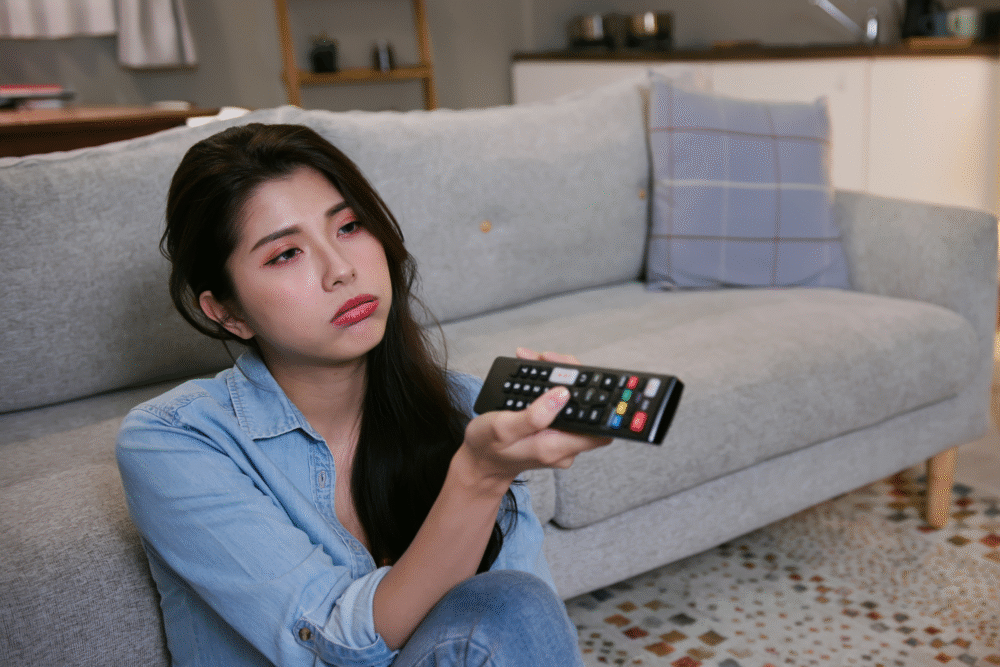
With algorithms constantly pushing suggestions and everyone telling you what’s “must-see,” it’s easy to lose touch with your own taste. You watch stuff because it’s popular, not because it speaks to you. You stop trusting your instincts, and instead let autoplay or hype steer the ship.
Eventually, you hit a weird point where you don’t even know what you want to watch. You’ve absorbed so many outside influences, your internal compass is shot. The joy of finding a show that genuinely clicks gets buried under layers of trendy noise. Too much freedom can do that—it blurs the line between curiosity and confusion.
